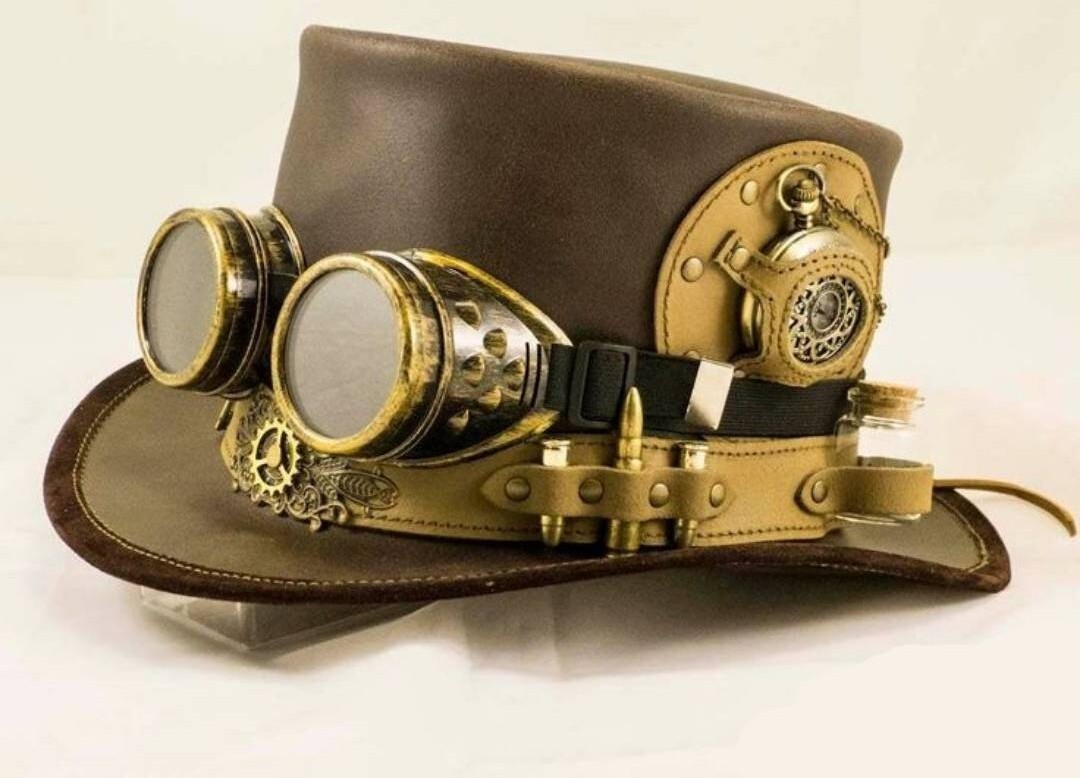this post was submitted on 30 Apr 2024
7 points (73.3% liked)
Engineering
735 readers
1 users here now
A place to geek out about engineering, fabrication, and design. All disciplines are welcome. Ask questions, share knowledge, show off projects you're proud of, and share interesting things you find.
Rules:
- Be kind.
- Generally stay on topic.
- No homework questions.
- No asking for advice on potentially dangerous jobs. Hire a professional. We don't want to be responsible when your deck collapses.
The community icon is ISO 7000-1641.
The current community banner image is from Lee Attwood on Unsplash.
founded 1 year ago
MODERATORS
you are viewing a single comment's thread
view the rest of the comments
view the rest of the comments

I second what the others are saying. 3D printing doesn’t have too much to do with ME besides being another manufacturing technique. Kind of like asking “what is the fastest way to learn mechanical engineering now that CNC is available.” Sure both of those can make manufacturing easier or even make it possible to manufacture geometries that would have otherwise been impossible, but the fundamentals of ME will remain unchanged.
In answer to your question I, like the other comments, would recommend trying to understand calculus since it shows up everywhere.
Next, I think learning basic physics and drawing free body diagrams would be especially helpful. Seriously, free body diagrams seem to be the foundation of ME.
Learning basic manufacturing (3D printing comes in here) is also vital because if you design things that work but can’t be manufactured then what good are they?
Going a bit farther in depth on material science like FCC vs BCC crystal structure and metal phases and shear planes is also useful especially if you want to study or work with specialized materials like superalloys.
You’ll need to know basic thermodynamics and fluid mechanics. You’ll need to learn how to create engineering drawings and use CAD software.
You’ll need some electrical engineering basics too. Lots of mechanical devices use microprocessor so getting experience with those is also useful especially if you want to go into robotics or mechatronics (does robotics fall into the category of mechatronics or is it kept separate?)
There’s a lot to learn and the best way to learn it all is going to be through getting a degree. There are wayy too many important things to learn before becoming a mechanical engineer than can be summed up in a simple list. Usually it’s summed up in textbooks that are several hundred pages long. Buckling modes, fatigue cycles, bolt failures, are all pretty important, like human-lives-at-stake, important but they take time to learn and use in practice.
It’s probably not going to be that fast, but that’s kind of the point. (You wouldn’t want to fly in a plane designed by an engineer who wasn’t thorough.) Hopefully a good college will give you lots of hands on experience so you know where to apply what you’re learning.
On a different note. If you can’t pay for school or you just want to learn ME for fun (I mean who doesn’t want to build cool machines in their free time?) I’d say the best way to learn is to look up what you have questions about. Find something engineered that you think is cool and try to learn why the engineer built it the way they did.
Want to build a robot to clean your desk but don’t know anything about PWM or microcontrollers or basic circuits? Chances are someone has already built something similar that you can analyze. Hell, they might even explain exactly why they did what they did. And if you catch a word or topic you don’t understand, look it up. The answers to your questions are probably out there in the internet somewhere.
Learning like this won’t teach you everything (and will not be adequate to get professional engineering certification) and it still probably won’t be fast, but it should teach you the basics of what you want to know which… well, is what you want to know right?